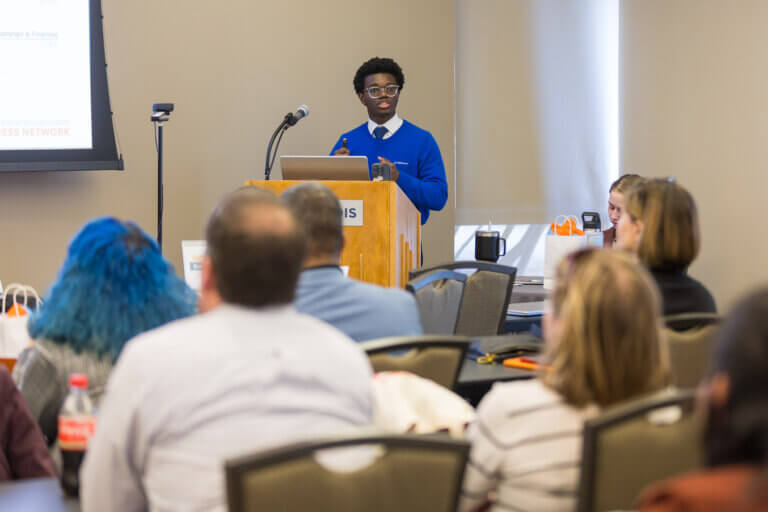In January 2021, the EdSystems team submitted public comment pertaining to the proposed updates for the administrative rules governing Career and Technical Education (CTE; Part 256). These rules had not been updated in two decades, and we took this unique opportunity to provide actionable recommendations for ensuring these rules operate in service of equity and student success.
Our team identified strategic opportunities to align administrative rule structures to the principles thoughtfully crafted and put in place through Illinois’ Perkins V plan, which builds from years of college and career readiness efforts statewide. Several themes were carried throughout our comments: a desire to strengthen a focus on equity, deepening alignment to existing policy frameworks, and ensuring that the rules support CTE programming that meets the ambitious quality criteria outlined in the state plan.
We are thrilled to share that nearly all our suggestions were incorporated into the new rules that the Joint Committee for Administrative Rules formally adopted. As a result, we believe these rules enable ISBE to ensure alignment of CTE to existing policy frameworks such as the Postsecondary and Workforce Readiness Act and that implementation embodies the spirit and intent of the articulated state plan components. This clarified focus on college and career, emphasizing quality and equity, will ensure that Illinois students are empowered to succeed. We look forward to continuing to work in close collaboration with ISBE and communities across Illinois as these plans roll out.
Clear & Aligned Definitions
As noted in the Illinois State Perkins V Plan (VII.b.1; p.62), common definitions and frameworks are essential for clear communication and collaboration within Perkins V and related efforts. The definitions included in Section 256.111 are now more aligned with the state’s existing definitions as defined in statute and policy, including the 2016 Postsecondary and Workforce Readiness Act, 2018 Illinois Career Pathways Dictionary, and Every Student Succeeds Act State Plan. This is particularly pivotal for the work-based learning definitions reflected in the rules. Further, transitional instruction is now named where remediation issues are identified as well.
Quality Pathways for Career and Technical Education
The Illinois State Perkins V Plan establishes quality criteria to ensure Illinois students are receiving valuable education and training through CTE programming. We advocated for the infusion of those quality criteria across the rules, including in those governing the local use of funds. Further, we successfully advocated for including foundational concepts from our Illinois Model Programs of Study Guides to inform how localities define in-demand, high-wage, high-skill occupations for developing pathways. College and career guidance around these pathways will further be enhanced through a direct focus on the Postsecondary and Career Expectations (PaCE) framework that was also incorporated into these rules.
Equity
The first listed goal under the Illinois State Perkins V Plan is “Equity as a Foundational Tenet” (p.18). We made several concrete recommendations ensuring equity was more substantively discussed and addressed throughout the rules. This included specifying how disaggregated data should be used to identify equity gaps in CTE access and outcomes to drive programmatic and policy decision-making and targeting supports to meet student needs, particularly for those historically underserved in our CTE system. Further, our comments resulted in a much more explicit focus on equity in the rules pertaining to the Perkins reserve funds, which can ultimately provide funding for innovation that will close equity gaps across subgroups.
We are excited to see the alignment of these new rules to so many innovative policies and practices developed over the last decade. This alignment will undoubtedly drive more equitable student access and success. We look forward to staying engaged as partners in supporting the Illinois’ college and career readiness efforts, including these essential CTE opportunities.





